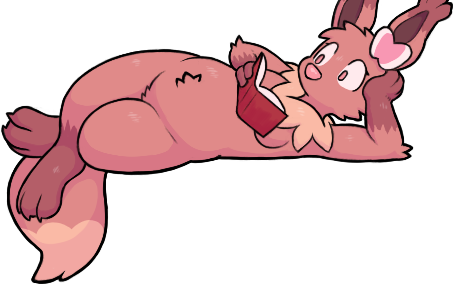Another Patreon request from Nova Dasterin:
Maybe something about level design. In relation to a vertical shmup since I’m working on one of those.
I’ve been thinking about level design a lot lately, seeing as how I’ve started… designing levels. Shmups are probably the genre I’m the worst at, but perhaps some general principles will apply universally.
And speaking of general principles, that’s something I’ve been thinking about too.
I’ve been struggling to create a more expansive tileset for a platformer, due to two general problems: figuring out what I want to show, and figuring out how to show it with a limited size and palette. I’ve been browsing through a lot of pixel art from games I remember fondly in the hopes of finding some inspiration, but so far all I’ve done is very nearly copy a dirt tile someone submitted to my potluck project.
Recently I realized that I might have been going about looking for inspiration all wrong. I’ve been sifting through stuff in the hopes of finding something that would create some flash of enlightenment, but so far that aimless tourism has only found me a thing or two to copy.
I don’t want to copy a small chunk of the final product; I want to understand the underlying ideas that led the artist to create what they did in the first place. Or, no, that’s not quite right either. I don’t want someone else’s ideas; I want to identify what I like, figure out why I like it, and turn that into some kinda of general design idea. Find the underlying themes that appeal to me and figure out some principles that I could apply. You know, examine stuff critically.
I haven’t had time to take a deeper look at pixel art this way, so I’ll try it right now with level design. Here, then, are some levels from various games that stand out to me for whatever reason; the feelings they evoke when I think about them; and my best effort at unearthing some design principles from those feelings.

![[process]](https://eev.ee/theme/images/category-process.png) A geometric Rust adventure
A geometric Rust adventure
![[articles]](https://eev.ee/theme/images/category-articles.png) Tech wishes for 2018
Tech wishes for 2018
![[personal]](https://eev.ee/theme/images/category-personal.png) Introspection
Introspection